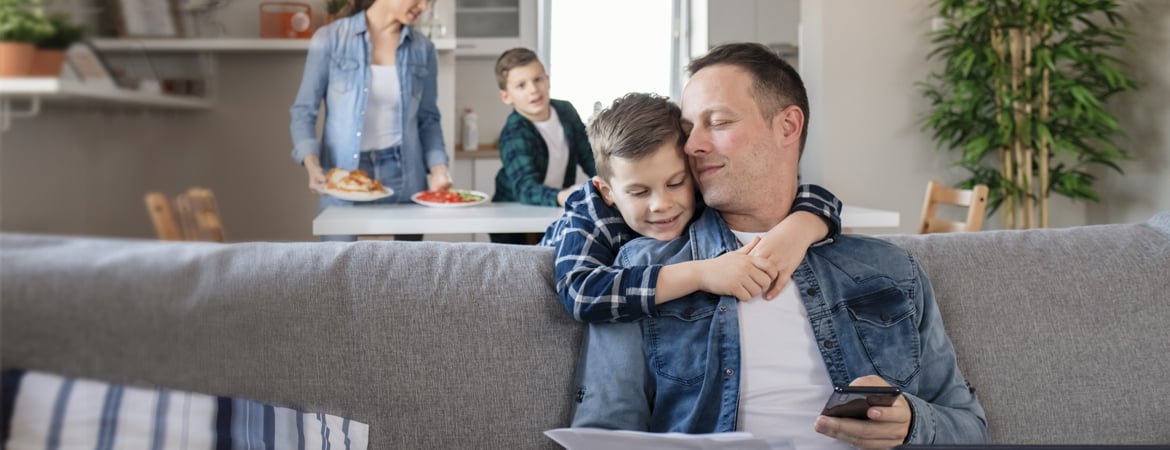When shopping for or after obtaining your mortgage loan, you may have heard the term “refinance.” There are two types of refinance: a rate-and-term refinance and a cash-out refinance. So, when and why would someone refinance their mortgage?
Why Should You Refinance?
First, a refinance makes sense if you’re not planning to sell your home any time soon. Refinancing your loan comes with new loan closing costs, which could be a waste of money if you end up selling your home to move a few years after refinancing.
After meeting the prerequisite of planning to stay in your home, here are some main scenarios in which you may consider refinancing:
- You’re still early into the life of your loan and rates are lower than your current fixed rate
- You currently have an adjustable-rate mortgage (ARM), your initial fixed-rate period is ending soon, and rates are trending higher
- You’re still early into the life of your loan and your credit score has improved significantly since starting your mortgage, which can help earn you a better rate
- You want to keep the property and invest your equity in another property
Most of these scenarios would be a rate-and-term refinance, while the last would be a cash-out refinance.
If you’re looking for a rate-and-term refinance, you wouldn’t want to refinance your mortgage if you’re already a third or more into the life of your loan because with a mortgage amortization schedule, you end up paying the most interest and the least to principal balance with each payment at the beginning of the loan. As your loan ages, the scale starts to shift so that by the end of the loan, you pay the least interest and the most to your principal. Once you refinance, you restart the amortization schedule, and it could set you back by making you pay large amounts to interest again.
Cash-Out Refinance vs. Home Equity
Some people do a cash-out mortgage refinance to take advantage of their home equity. However, there are other products to utilize home equity. Home equity products like a home equity loan or a home equity line of credit (HELOC) are funds borrowed against your home’s value, also known as a second mortgage. Should you refinance or take out a second mortgage? Here are some different situations to consider.
As mentioned, a cash-out refinance makes sense if you’re keeping your property and want to invest your equity in another. A cash-out refinance can often be a lower single monthly payment than having both a first and second mortgage payment. And last, if you would rather only have one monthly payment to worry about instead of two.
If you’re happy with your loan terms, but need funds for home improvement or a big purchase that’s not another property, then you may opt for a second mortgage product to avoid affecting your rate. A HELOC is also a good option if you just want the convenience of having funds available for emergencies, even if they are not immediately utilized.
Another thing to note: an appraisal is always required for a cash-out refinance, and by some lenders for home equity loans, to determine the current value of your property and the amount they will let you borrow or cash out.
An Orange County’s Credit Union Mortgage Consultant can help you figure out which type of loan may work for you or help you start the process. Call (800) 506-5070 for more details.

